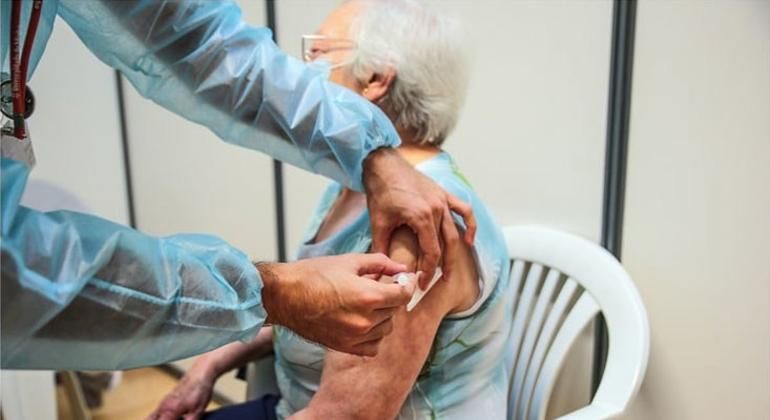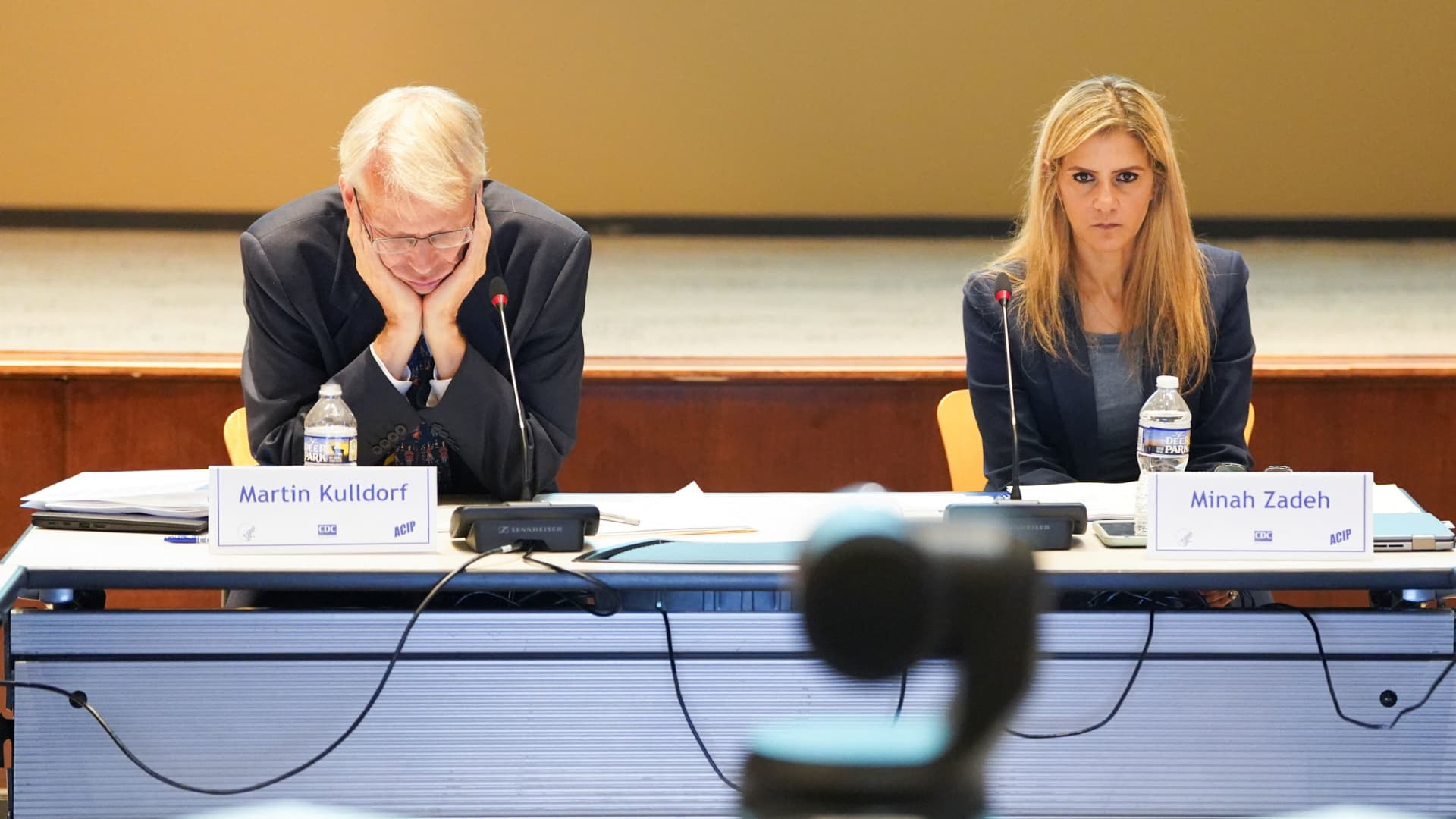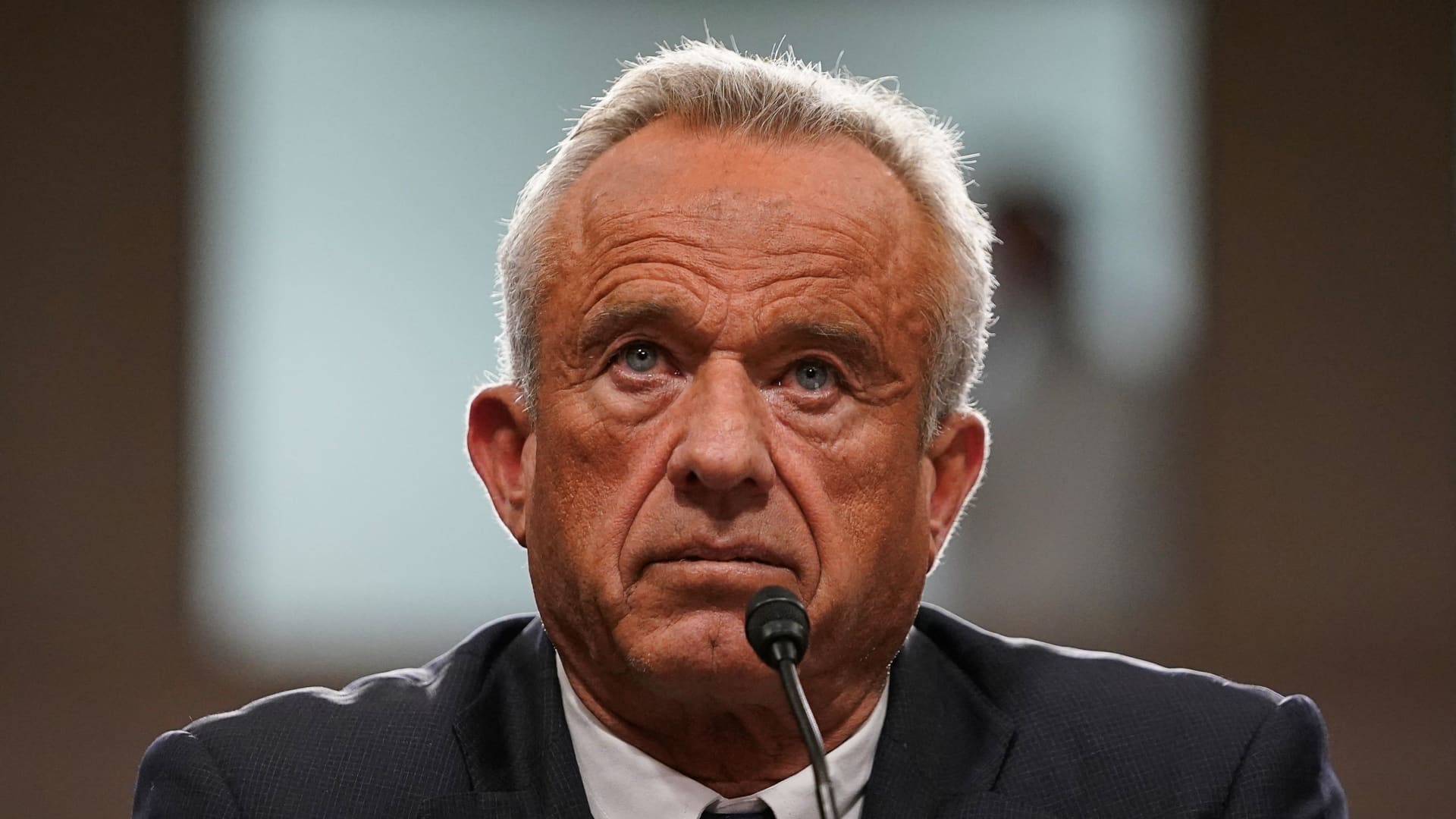Delivering his first message of the new year, Dr. Hans Kluge stressed that without vaccines, the death toll on the continent “could have been around four million, possibly even more.”
In the vast WHO European Region, comprising 53 countries stretching from the Atlantic Ocean to the Pacific Ocean, more than 2.5 million COVID-19 deaths and 277 million confirmed cases have been reported.
A 'vital decision'
An analysis of 34 countries showed that the majority of people whose lives were saved by vaccines, 90 percent, were over 60 years old.
Vaccines reduced deaths by 57 percent in the period between its implementation in December 2020 and March 2023, and it is estimated that the first booster doses alone saved about 700,000 lives.
“Today, there are 1.4 million people in our region, most of them elderly, who are there to enjoy life with their loved ones because they made the vital decision to get vaccinated against COVID-19,” said Dr. Kluge, speaking from Copenhagen. .
“This is the power of vaccines. The evidence is irrefutable,” he added.
Vaccination must continue
COVID-19 rates in Europe remain high but are declining. The WHO recommends that People at highest risk of contracting the disease should continue to get revaccinated six to 12 months after your most recent dose.
This category includes older people, frontline healthcare workers, pregnant women, and people who are immunocompromised or have significant chronic medical conditions.
Meanwhile, WHO is currently observing widespread circulation of respiratory viruses such as influenza, respiratory syncytial virus (RSV) and measles in the European region.
Flu rates increase
RSV rates peaked before the new year and are now declining, Dr. Kluge reported, and influenza rates are increasing rapidly, with a likely increase expected in the coming weeks.
There has been a Nearly 60 percent increase in reported hospitalizations for the flu. in the last two weeks and a 21 percent increase in ICU admissions, compared to the previous two weeks.
Flu cases quadrupled between November and December, and 38 countries reported the start of the seasonal flu epidemic. Those most affected by serious illnesses are people aged 65 or older and the very young.
“We are concerned by reports of localized pressures in hospitals and overcrowding in emergency rooms, due to a confluence of circulating respiratory viruses,” he said.
Variants and surveillance
Dr. Kluge highlighted that although COVID-19 infection rates are broadly declining across Europe, the situation may change rapidly in the face of the new variant of concern, JN.1, which is now the most common variant reported globally. world.
“Although there is no current evidence to suggest that the JN.1 variant is more serious, the unpredictable nature of this virus shows how vital it is for countries to continue monitoring any new variants,” he said.
As many countries have reduced or stopped reporting COVID-19 data to the WHO, Dr. Kluge stressed the need for continued surveillance as the disease is “here to stay.”
“We know how to keep ourselves and others safe, whether from COVID-19 or other respiratory infections,” he said, referring to measures like staying home if we're sick and wearing masks in settings like hospitals or crowded places.
Noting that “health is falling off the political agenda”, Dr Kluge expressed deep concern that the “ticking time bomb facing our health and care workforce” has not been addressed.
“As health systems come under pressure, we are reminded that we may not be prepared for something out of the ordinary, such as the emergence of a new, more serious variant of COVID-19 or an as-yet-unknown pathogen,” he warned. urging leaders to show “demonstrable support” for healthcare workers.












